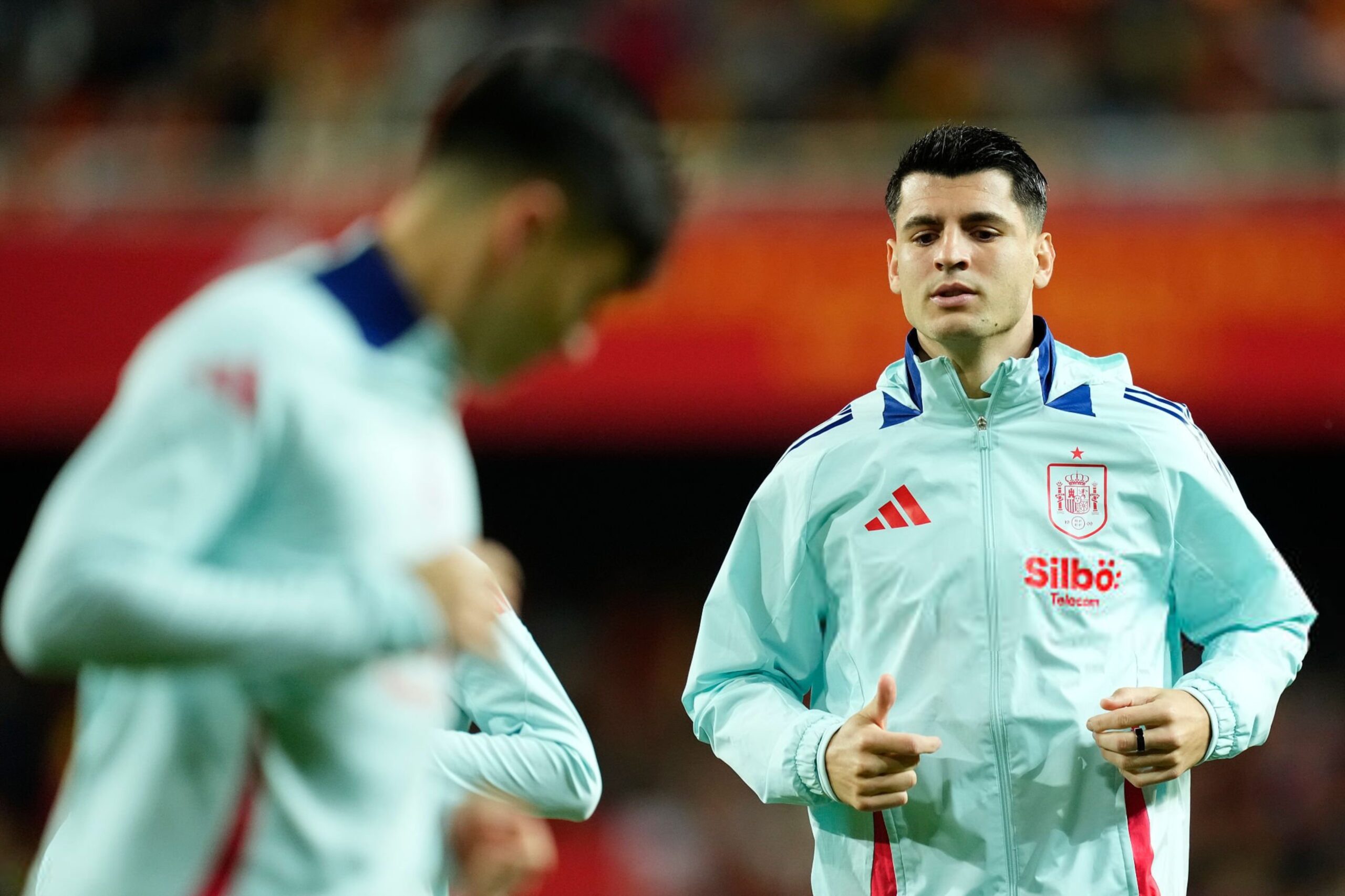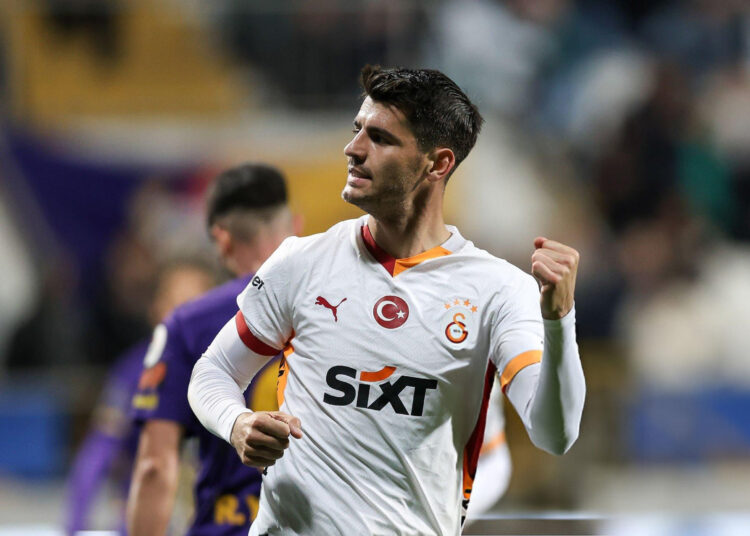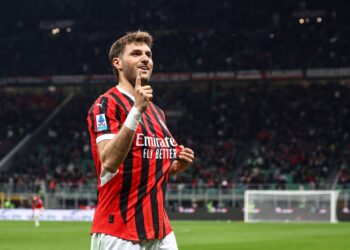A strange season...
“Very.” Álvaro Morata smiles. Three trophies—one with Milan and two with Galatasaray.
“And let’s hope we can bring home another one on Sunday—the Nations League final—it would be fantastic. The generation of legends did European Championship–World Cup–European Championship. We could do Nations–Euro–Nations. It’s not the same, but it’s nothing to throw away either, especially because the Nations League has grown, and winning it is tough. In the semifinal, we have France—a powerhouse," he told La Gazzetta dello Sport.

Let’s take a step back and analyze this strange season...
“A lot of things happened, some too quickly, complicated for me to handle, but in the end I’m happy.”
Morata, What happened? You arrived at Milan as a European champion, full of energy and desire.
“Yes, and in my opinion we also played some great games, things weren’t going as badly as they seemed or were being said. But then, inside there, things happened that I had never experienced in my career, and I’d rather keep them to myself. I didn’t feel comfortable anymore, and before becoming a problem, I left.”
Can’t you tell us more?
“I can’t say. Sudden changes are never easy. If you start playing with one mindset and all of a sudden everything changes radically, it can go very well or not at all. Maybe the new path chosen at the start of the season needed some time to be traveled: they decided to change, and there’s not much more to say. Yes, actually, there is one thing: it’s not true, as I’ve read around, that I regretted the choice. Never. It was an honor to wear a historic shirt like Milan’s.”
You’re a person with experience—did you immediately realize that with the new direction things weren’t working?
“Yes. Especially in terms of communication. I try to be respectful with everyone, but there are certain things I don’t agree with, and to avoid creating problems, I left.”
Now there’s Tare and Massimiliano Allegri. You’re on loan at Galatasaray until December 31. Have you spoken with them?
“No, or at least, not in their new roles. Because I often speak with Max, due to the relationship we have. I’ve seen Tare a couple of times at dinner with friends, but nothing more. I’m happy for them and for Milan: they’re top professionals, and if Milan hired them it means they want to return to winning and being important right away—and I hope everything goes great for them. But as for me, I know nothing.”
The national team is like an oasis for you.
“Absolutely. We’re a family, and the atmosphere is so relaxed that sometimes we have to push ourselves a bit because it feels like we’re on vacation.”
So much for vacations: 7 wins out of 7 at the Euros, now the Nations League Final Four again... Morata replied:
“Yes, yes, but there’s a fantastic atmosphere, lots of joy, with focus increasing when it’s time to play. It’s a foundation that brings you closer to winning, because there’s such unity that when the time comes to fight, everything becomes easier.”
When you say this, I think of Lamine Yamal—his freedom, his boldness, and his extraordinary talent.
“Eh.” Álvaro sighs. “Unbelievable. That’s how it is. Super calm, jokes, laughs—but when he steps on the field, he transforms, gives everything, and no one can stop him. I’ve never seen anything like it, never. What struck me was the recognition he got from Inter players after the Champions League semifinals. We’re talking about really strong, experienced players. Journalists and insiders sit in front of the TV to see what he can do, where his limit is… And he’s only 17, he just signed a contract until 2031, and when it ends he’ll only be 23!”
As captain, you vote for the Ballon d’Or. Any doubts?
“None. I’d like Lamine to win it, just as last year I hoped it would go to one of Rodrigo, Dani Carvajal, or Fabián Ruiz. It’s a matter of pride, of identity, of shirt. But honestly, I don’t think there’s any player today who can make the difference like Lamine Yamal does.”
How is Álvaro Morata doing? On June 17, a documentary about you is coming out called ‘You Don’t Know Who I Am’, which talks a lot about depression and mental health.
“Now I’m doing well, and I look to the future with confidence. I wanted to make this documentary to reach out to people—so many—who are afraid to face these situations, to talk about them, to open up. The fear of being seen differently keeps them from seeking help. I lived on the edge throughout my career. I didn’t even know what depression was until I found myself in the darkest hole a person can imagine.”
How did you feel? Morata replied:
“I felt terrible, and when you’re like that, nothing matters: money, status, affection—nothing. It’s a dreadful situation that leads you to make disastrous decisions, in your family life and in football. Now I’m well, but the message I want to send is that a person in total crisis, with help from teammates, family, and professionals, can find themselves playing and winning a European Championship as captain. I’m sure this documentary will help a lot of people."
















